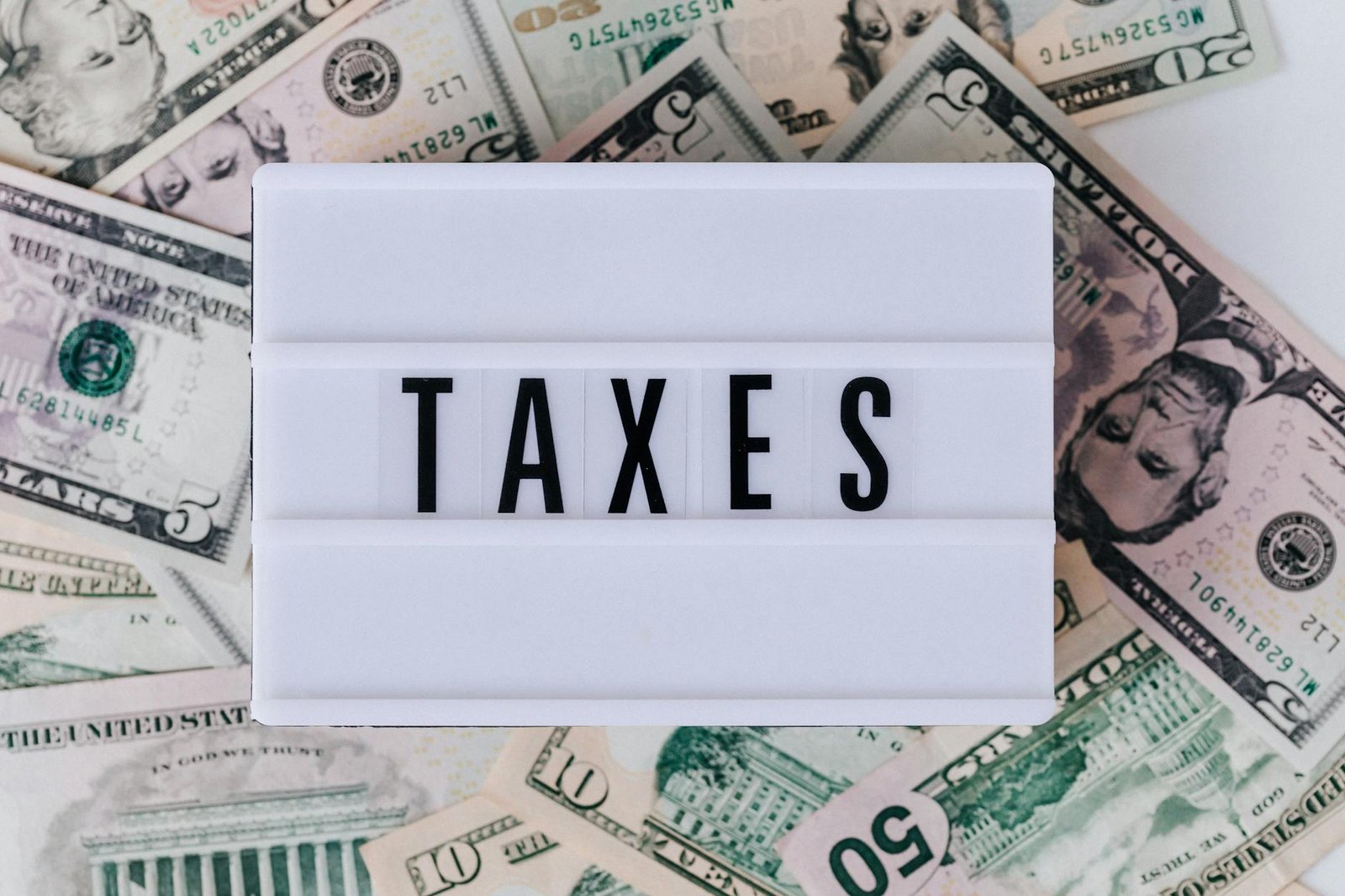A major new tax reform has just been signed into law—the No Tax on Overtime Bill—which could put hundreds or even thousands of dollars back into the pockets of hardworking Americans. If you regularly work overtime, this legislation could significantly boost your take-home pay.
In this guide, we’ll break down:
✔ What the No Tax on Overtime Bill actually does
✔ Who qualifies for the tax break
✔ How much you could save
✔ When the law goes into effect
✔ Potential drawbacks and criticisms
Let’s dive in.
What Is the No Tax on Overtime Bill?
The No Tax on Overtime Bill (officially called the “Working Families Tax Relief Act”) is a new law that exempts overtime pay from federal income taxes for certain workers. The goal is to:
- Encourage workforce participation by making overtime more financially rewarding
- Help middle-class workers keep more of their earnings amid rising inflation
- Support industries with labor shortages (healthcare, manufacturing, etc.)
Key Details of the Bill
- Applies only to federal income tax (not Social Security, Medicare, or state taxes)
- Covers overtime wages earned above 40 hours per week
- Phases out for high earners (likely those making over $200,000/year)
- Temporary measure (currently set for 2 years) but could be extended
Who Qualifies for the Overtime Tax Exemption?
Not everyone will benefit from this law. Here’s who’s eligible:
✅ Eligible Workers
- Hourly employees who work overtime (time-and-a-half pay after 40 hours)
- Salaried workers classified as non-exempt under FLSA (Fair Labor Standards Act)
- Workers in industries with frequent overtime (nursing, construction, retail, etc.)
- Those earning under $200,000/year (exact threshold still being finalized)
❌ Workers Who Don’t Qualify
- Salaried exempt employees (managers, executives, some IT workers)
- Independent contractors & gig workers
- High-income earners (likely above $200K)
How Much Could You Save?
The savings depend on how much overtime you work and your tax bracket. Here’s an example:
| Scenario | Overtime Earnings (Yearly) | Federal Tax Rate | Approx. Savings |
|---|---|---|---|
| Nurse working 5 extra hrs/week | $10,000 | 22% | $2,200 |
| Factory worker (10 extra hrs/week) | $15,000 | 12% | $1,800 |
| Retail employee (3 extra hrs/week) | $3,000 | 10% | $300 |
Note: These are estimates. Actual savings depend on deductions, state taxes, etc.
When Does the Law Take Effect?
The No Tax on Overtime Bill was passed in [Month] 2024 and is expected to apply to:
- Overtime pay earned after [Date, likely Jan 1, 2025]
- Tax returns filed in 2026 (for the 2025 tax year)
Check the IRS website for official implementation dates.
Potential Downsides & Criticisms
While this bill helps workers, some economists and lawmakers have concerns:
1. Could Worsen Labor Shortages
- Employers might push more overtime instead of hiring additional staff.
- Workers could burn out from excessive hours.
2. Lost Tax Revenue
- The federal government could lose billions in tax income, possibly leading to budget cuts elsewhere.
3. Complexity for Payroll Systems
- Businesses will need to adjust payroll software to separate exempt vs. non-exempt overtime pay.
How to Maximize Your Savings
If you qualify, here’s how to make the most of this tax break:
- Track Your Overtime Hours – Keep pay stubs and W-2 forms organized.
- Adjust Tax Withholding – If less tax is taken from OT pay, you might need to update your W-4.
- Check State Taxes – Some states (like Pennsylvania) already tax overtime differently.
Final Verdict: A Win for Workers?
The No Tax on Overtime Bill is a significant win for blue-collar workers, nurses, and others who rely on overtime pay. While critics worry about long-term economic effects, millions of Americans will see higher paychecks starting in 2025.
Next Steps
- Follow IRS updates for exact eligibility rules.
- Ask your employer how this affects your payroll.
- Spread the word—many workers don’t yet know about this change!
Do you support this tax break? Share your thoughts in the comments!
Sources & Further Reading
This article is for informational purposes only. Consult a tax professional for personalized advice.



